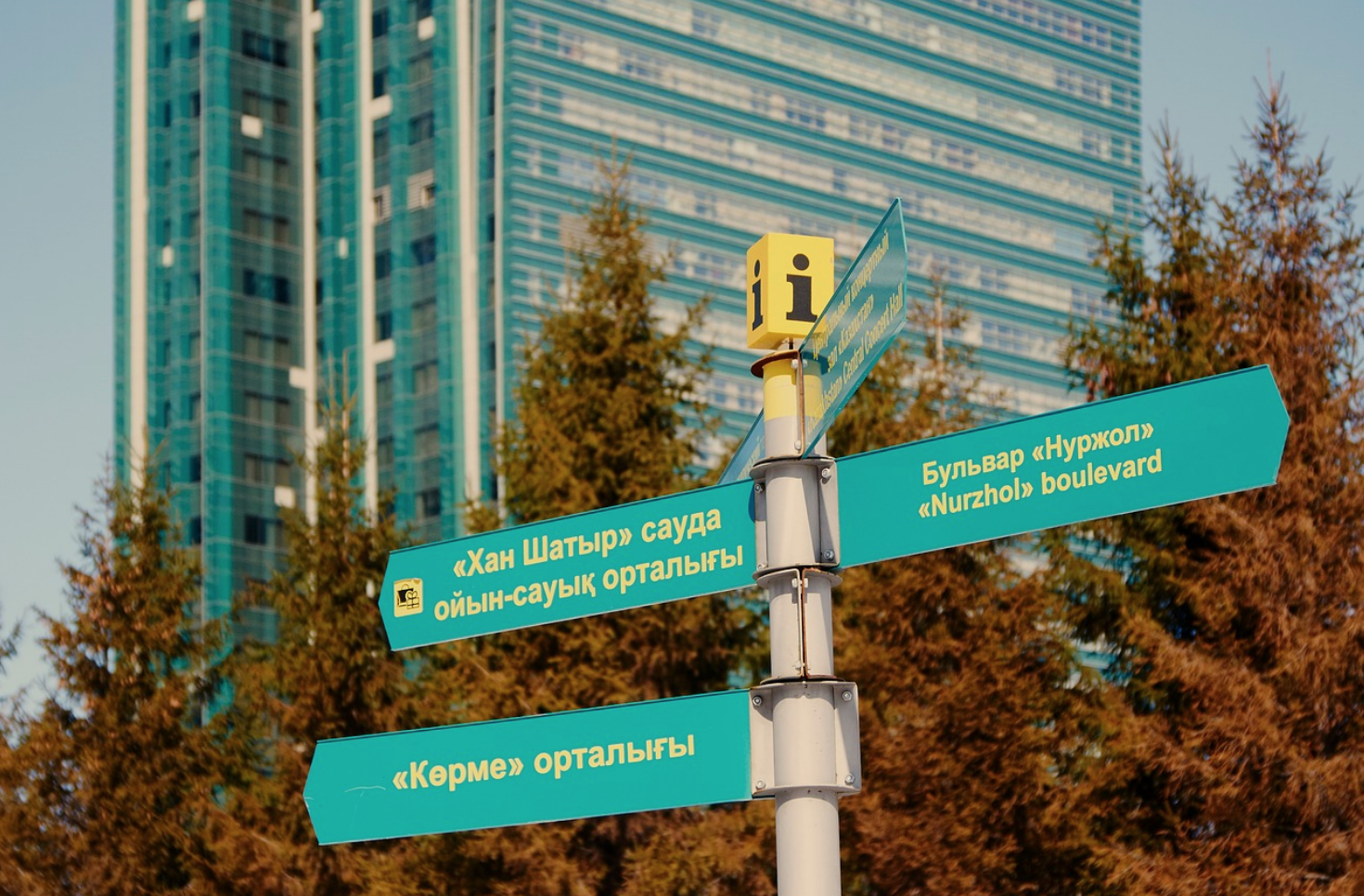Transfers of power in illiberal and authoritarian states are rarely fluid. We have very few examples of peaceful and lasting regime changes that were not precipitated by the death of the previous ruler. When President Nursultan Nazarbayev of Kazakhstan stepped down last month, he initiated a fairly novel process. However, the mechanics of this transfer will have lasting impacts on short- term geopolitics in the region and, more importantly, will serve as a pilot test for a new kind of succession within illiberal states. Primarily, this move underscores the continued centrality of Russia within the post-Soviet sphere while simultaneously highlighting the importance of legacy building and its ability to coexist with a scaling back of direct political control.
Nazarbayev had served as the President of an independent Kazakhstan since the dissolution of the Soviet Union in 1991. He shares the mantle of uninterrupted post-collapse control also held by Presidents Lukashenko of Belarus and Rahmon of Tajikistan. Other Central Asian states, such as Turkmenistan and Uzbekistan have had only two Heads of State, with both transfers of power precipitated by the sudden death of the previous leader. Outside of the Baltic states, Georgia, and Armenia, the handing-over of political power in the post-Soviet world is a tale of fraudulent elections, protests, and deaths in office. Nazarbayev has decided to break this pattern, expressing a desire summed up by pundits as “[Thinking] it would be good to be remembered as a president who stepped aside and did not die in power.”
The new President, Kassym-Jomart Tokayev, finds himself well positioned to navigate between the interests of China and Russia, the two nearby superpowers which occupy the most foreign policy significance for post-dissolution Kazakhstan. Fluent in Russian, Mandarin, and English, and seasoned by decades of diplomatic work for both the USSR and Kazakhstan, specifically focusing on China Tokayev ascends to power with the backing of Nazarbayev who has closely overseen the (hitherto untested) constitutional process for succession. As the previous Chairman of the Senate, Tokayev was automatically elevated to President when Nazarbayev stepped down. The voided position in the Senate now belongs to Nazerbayev’s daughter, Dariga Nazerbayeva. Tokayev’s accession has pleased Russian President Vladimir Putin, who has extended support and verbally committed to aiding in the construction of a nuclear plant in Kazakhstan, a long desired goal for the country. In a country with a sizeable Russian minority and a direct border with Russia, it appears beneficial to have a President with both deep roots in his Kazakh identity and heritage and also close ties to Russia. Tokayev’s wife is Russian, and his early career was spent largely in Moscow as a diplomat for the USSR. Importantly though, Putin was keyed in early to Nazarbayev’s decision, and Moscow was kept informed along the way as Nazarbayev built a plan and communicated it to his people. Russia was given a far closer seat at the table here, and the amount of informational sharing, combined with the accession of a candidate friendly to Russia enforce the fact that Russia still operates as a major power broker and big brother state to much of the former Soviet Union.
Though he has relinquished the role of Head of State, Nazarbayev is far from being out of the political world. He will continue on as the head of the leading party, Nur Otan. Furthermore, in naming himself to the unofficial role of ‘Elbasy’ (Leader of the Nation), Nazarbayev has made it clear that he will continue to play a role in decision making of the highest degree. The promotion of his daughter to the Chairman of the Senate also further cements Nazarbayev’s political legacy, enshrining his progeny as the current second in line for the Presidency and the likely long-term successor. One final and lasting symbol of Nazarbayev’s importance to the state is the renaming of the capital city, Astana, to Nur-Sultan.
Successfully handing over power via peaceful means while concurrently protecting a high degree of political oversight and an ironclad legacy written directly onto the physical map of Kazakhstan seems like a fantastic result for an aging leader. Nazarbayev has managed to please Russia, China, and has also stayed ahead of public opinion by leaving long before the rising discontent with his rule came to head. This model of power transfer is especially relevant at a time when the leaders of other Post-Soviet states reach advanced age and face increasing levels of resistance, in the form of protests and term limits. There is no history of a well thought out transfer of power in these particular authoritarian and semi-authoritarian states. Nazarbayev’s decision extends the possibility to other leaders to consider following suit by lying out a plan that gives reformers some glimpse of hope while not completely opening the door to democracy and change.
Photo: “Street Signs“
